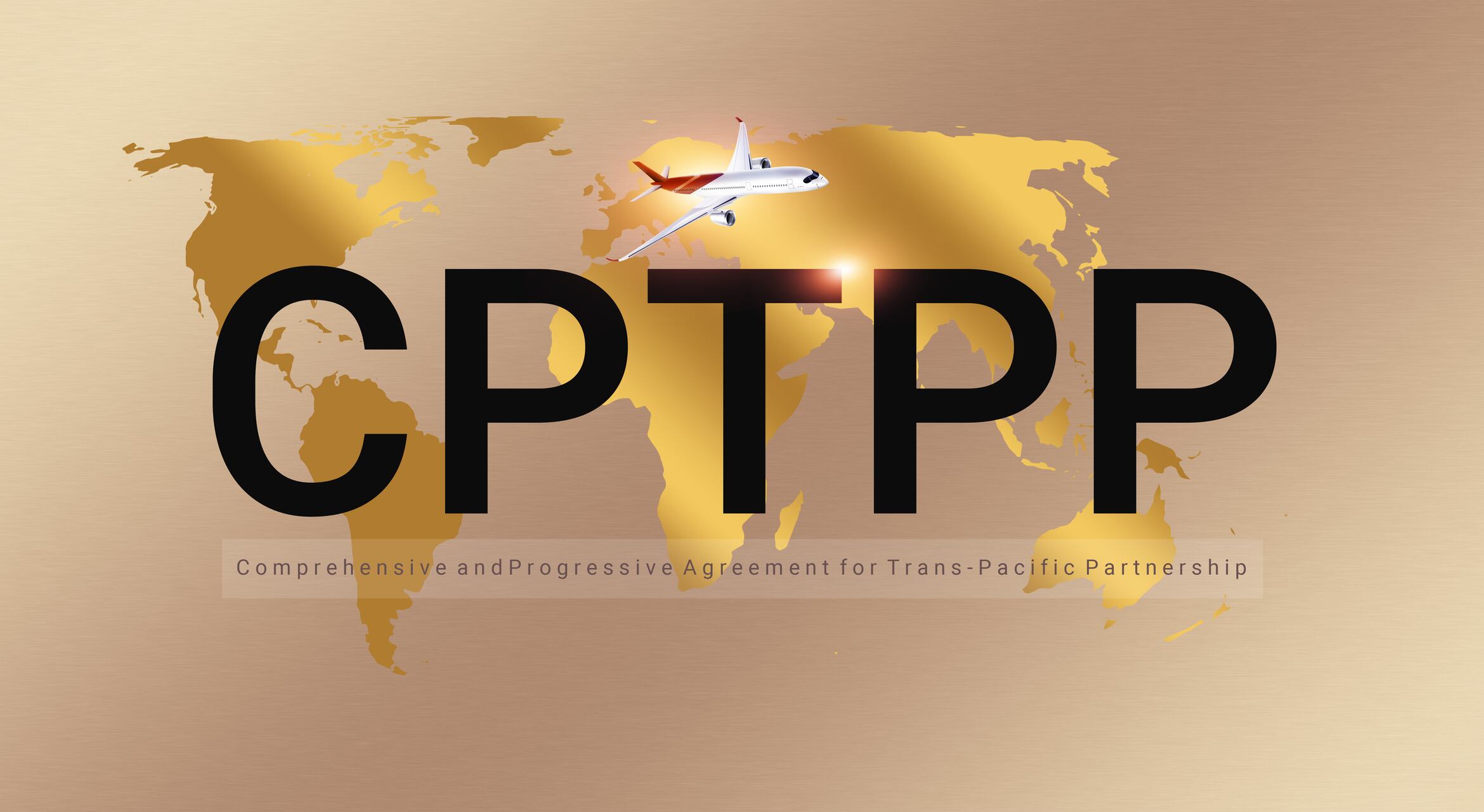Figures published by the Scotch Whisky Association (SWA) paint a concerning picture for the value of Scotch Whisky exports.
According to the SWA, Scotch stood at £5.4bn in 2024, with the 1.bn 70cl bottles exported last year – or approximately 44 per second. This is a decrease of 3.7% from 2023 exports by value.
Whilst values dropped in 2024, export volumes are on the up, having increased by 3.9%.
Asia-Pacific held onto its title of largest regional market by value in 2024, with uplifts in India (13.8%) and Japan (7.1) from 2023.
India regained its position from France as the world’s number one Scotch Whisky export market by volume, with 192m bottles exported.
France saw value and volume decrease by 11.6% and 1.9% respectively. Overall demand in the EU contracted slightly by volume (-1.3% vs 2023).
Meanwhile, the US has retained its long-held position as the largest export market by value, holding steady at £971m despite economic headwinds. Exports volume saw a slight uplift on 2023, reaching 132m bottles.
A slight decline in the Single Malt category has been observed in the US, as the industry continues to feel the impact of the 25% tariff imposed between October 2019 and March 2021, which resulted in £600m in lost exports.
Since the pandemic, annual exports of Scotch Whisky have fluctuated, influenced by lockdowns, re-openings and recovery phases. Since 2019, overall exports of Scotch Whisky have risen by 10% in value, with a 7% increase in volume.
While the 2024 figures have dropped from the prior year, they demonstrate what the SWA describe as a ‘more normalised depiction of year on year exports’ for Scotch Whisky. Figures are up on pre-pandemic exports for value and volume, but the turbulent global trading conditions leave room for concern.
As such, the SWA is calling upon the UK and Scottish Governments to offer more support to the industry, as distillers warn of a crisis cluster in form of mounting consumer cost pressures, increased domestic tax and red tape, alongside turbulent global trade which may see exports impacted way into 2025.
This support includes requests to mitigate growing domestic pressures through the reduction on excise duty on the industry. Today, 70% of the average priced bottle is collected in tax.
It has also asked for t the financial impact of Extended Producer Responsibility (EPR) to be reconsidered and for trade talks around high tariffs and other barriers to key markets like India to be accelerated. Asia Pacific is among the most valuable export regions with exports worth £1.57bn in 2024. Whilst this is down by 12.4% from 2023, it’s a figure that has climbed by an impressive 26.9% on 2019.
“Despite the resilience of the Scotch Whisky industry, 2024 has been a challenging year,” commented Mark Kent, chief executive of the SWA.
“At home, distillers are being stretched to breaking point, as consumers bear the brunt of a 14% increase on the tax on every bottle of Scotch Whisky in the last 18 months alone. The cumulative effect of inflationary impacts on input costs such as cereals, energy and shipping, and the increased tax and regulatory costs, including the substantial cost of EPR coming later this year, are being fed through to consumers when they are tightening their belts.”
Kent adds that overseas trade is shifting with once strong market the EU and US having become “much more challenging”.
He emphasises that the association continues to support UK Government to promote “strong and open trade relations with key export markets” through free trade agreements, but adds that “support for industry’s global success starts at home”.
“For too long, the industry has been taken for granted, with the misguided and simplistic belief that decisions taken in Scotland and the wider UK won’t impact an industry which exports 90% of its product, supports a large local supply chain and plays a valuable part in attracting tourists to Scotland,” Kent contended.
“The Scotch Whisky industry is a proven driver of economic growth, jobs and investment, and needs an environment free from the shackles of excessive taxation, regulation and uncertain operating costs. The UK Government must redouble its efforts to back Scotch producers to the hilt, as promised by the Prime Minister.”





